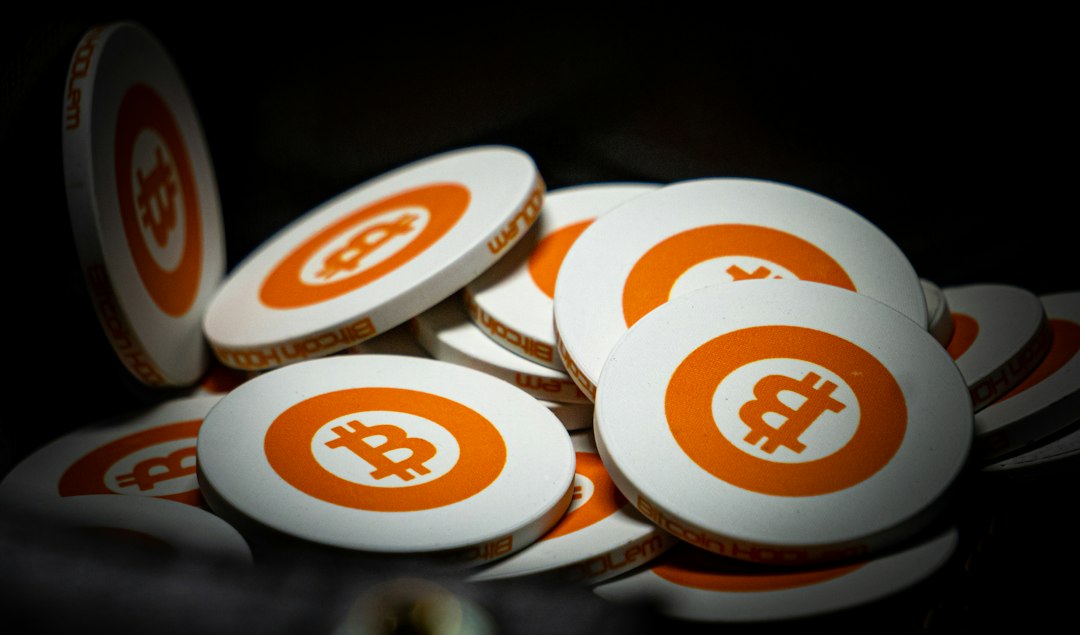European Banking Authority Urges Dialogue with Stablecoin Issuers
European banking regulators are calling for improved synergy between stablecoin issuers and regulators ahead of proposed stablecoin rules under the Markets in Crypto Assets (MICA) regulation. The European Banking Authority (EBA) held a public hearing to discuss the proposed regulations, emphasizing the importance of public feedback in shaping the regulatory landscape. The EBA outlined the rules for stablecoins, known as asset reference tokens (ARTs), which maintain stability by referencing underlying assets. The regulators are set to expand public consultations in the coming weeks to gather input from stakeholders.
MiCA: First Landmark Regulation for the EU
The European Union passed the MiCA regulation in 2023, providing comprehensive industry regulation for licensing, exchange operations, and stablecoin issuers. Digital asset firms must register within the EU and make relevant disclosures to regulators to protect investors and prevent illicit activities. The EBA, along with other regulatory bodies, is responsible for rolling out rules under MiCA for stablecoin issuers. The EBA released a draft on how ARTs should manage risks and implement recovery options. These guidelines aim to ensure capital strength and liquidity improvement for issuers.
Hot Take: EBA Prioritizes Dialogue and Feedback
The European Banking Authority’s call for dialogue and collaboration with stablecoin issuers is a crucial step towards effective regulation in the crypto industry. By encouraging stakeholders to provide feedback and engage in discussions, the EBA aims to create a regulatory framework that addresses concerns while promoting innovation and stability. The public hearings and consultations allow both parties to understand each other’s perspectives and work towards mutually beneficial outcomes. As the EU takes the lead in implementing MiCA, it sets an example for other jurisdictions to follow in regulating digital assets. This proactive approach demonstrates the commitment of European regulators to protect investors and ensure the integrity of the market.





 By
By
 By
By
 By
By
 By
By
 By
By